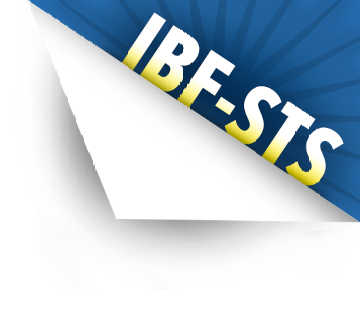This 4-hour course aims to equip private bankers with the understanding, knowledge and skills to apply and promote ethical conduct and behaviour as guided by the Code of Conduct for Private Banking in Singapore, to conduct their business with utmost integrity and professionalism to serve in the best interests of their HNWI clients and endeavour to uphold good faith and trust in the industry.
Target Audience
- Relationship managers and senior relationship managers in private banks
- Covered persons under Private Banking Code of Conduct
Course Objectives
- Understand the meaning of ethical conduct
- Understand the meaning of ethical conduct within a Financial Institution
- Apply ethical conduct in all aspects of dealings with the client and promote conduct culture that go beyond mere compliance that will serve the best interests of HNWI clients and uphold good faith and trust in the industry
- Able to identify and effectively address typical conflict of interest situations and ethical dilemmas that may arise in dealing with HNWI clients or in the wealth management business
- Understand and adopt fair dealing practices in managing relationships with HNWI clients at all times
- Recognise risk indicators & suspicious transactions and ethical decision-making to prevent and safeguard Financial Institutions from being used as a platform to harbour proceeds from crime or as a conduit to disguise the flows of such funds
- Learning the lessons learnt from examples of ethical situations
Course Outline
What is the Meaning of Ethics?
- What does Ethics mean to you?
- What does it mean to have Integrity?
- Definitions of Ethics
Agenda for Ethical Conduct
- Fiduciary Duties
- What is a Fiduciary
- Fiduciary Obligations
- Fiduciary Responsibilities
- Guidelines on Fair Dealing
- Outcome 1 – Fair Dealing central to corporate culture
- Outcome 2 – Products & Services Offering Suitable for Target Clients
- Outcome 3 – Competent Financial Advisors
- Outcome 4 – Clear, Relevant & Timely Information to clients
- Outcome 5 – Handle Client Complaints in independent, effective and prompt manner
- Mini Case Discussions
- Guidelines on Fit and Proper Criteria
- Code of Conduct for Private Banking in Singapore
- Competency
- Competency Assessment – Client Advisor Competency Standards
- Continuing Professional Development
- Market Conduct
- Professionalism
- Conflicts of Interest
- Client Relationship Management
- Know Your Client
- Advisory Standards
- Communication
- Disclosure Standard
- Client Confidentiality
- Client Complaints
Operational Framework
- Document key policies and procedures
- Evaluate the effectiveness of policies & procedures; Review & Update
- Ensure adequate segregation of duties
- Define clear roles & responsibilities, including levels of authority, approving limits, system access authority,
- Establish Operational Risk Self-Assessment
- Monitor compliance with policies, procedures and regulatory requirements
- Designated persons to monitor & track actions to address audit findings
- Mandatory Leave Policy
- Implement New Product approval process
- Policy & Procedures for managing of inactive & dormant accounts
- Policies & Procedures relating to protection of client data, including data retention policy
- Controls over recording and execution of transactions
- Implement controls to prevent unauthorized amendments to confirmation documents
- Implement Procedures on Hold-Mail Services
- Establish process and criteria for approving new or increase of credit facilities
- Implement control over margin accounts
- Establish independent function to manage market liquidity risks
The Ethical Dilemma
- Examples of Ethical Dilemmas
- Ethical Decision-Making Framework
- Factors to Consider to Identify Potential Conflicts of Interest
- Possible Actions to Resolve Conflict of Interest
- Whistleblowing
- How to Deal with an Ethical Dilemma
- Is it legal?
- Is it balanced & fair?
- Is it right?
Assessment - MCQ
About IBF Certification
This course addresses the following Technical Skills and Competencies (TSCs) and Proficiency Level (PL):
- Ethical Culture (Level 4)
Participants are encouraged to access the IBF MySkills Portfolio to track their training progress and skills acquisition against the Skills Framework for Financial Services. You can apply for IBF Certification after fulfilling the required number of Technical Skills and Competencies (TSCs) for the selected job role.
Find out more about IBF certification and the application process on https://www.ibf.org.sg/home/for-individuals/ibf-certification/why-be-ibf-certified
